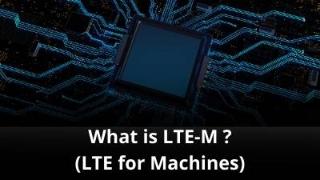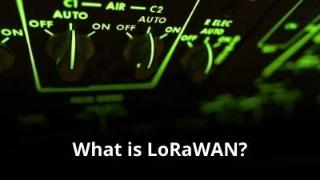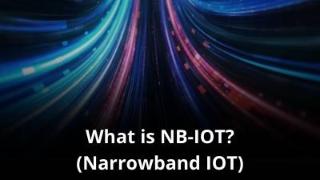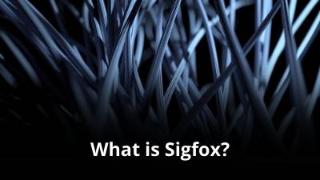What are the differences between LoRaWAN, Sigfox, and Weightless?
Low-Power Wide Area Networks (LPWANs) have emerged as a critical component of the Internet of Things (IoT), enabling long-range, low-power communication for a vast array of devices. Key players in the LPWAN unlicensed landscape include Sigfox, LoRaWAN, and Weightless, each offering distinct characteristics and advantages. This comparison delves into the core elements of these 3 technologies to provide insights into their suitability for different IoT applications
Lets look into the key differences between these three unlicensed technologies, providing a comprehensive comparison across various parameters. By understanding the strengths and weaknesses of each technology, you can make informed decisions when selecting the optimal solution for your IoT projects.
We will explore factors such as spectrum, coverage, data rates, power consumption, cost, reliability, security, and use case suitability to help you navigate the complex landscape of LPWAN technologies.
The differences between LoRaWAN, Sigfox, and Weightless
Spectrum
Sigfox:
Operates in unlicensed Sub-GHz spectrum, typically 868 MHz in Europe and 902 MHz in the US.
LoRaWAN:
Operates in unlicensed Sub-GHz spectrum, typically 868 MHz in Europe and 915 MHz in the US.
Weightless:
Primarily operates in unlicensed Sub-GHz spectrum, with variations based on specific standards and regional regulations

Coverage
Sigfox:
Offers wide area coverage, suitable for various applications but might have limitations in dense urban environments or areas with significant interference.

LoRaWAN:
Excels in long-range coverage, capable of connecting devices across vast distances, making it suitable for both urban and rural areas.
Weightless:
Provides competitive coverage, capable of handling both indoor and outdoor environments. While not as extensive as LoRaWAN, it offers sufficient range for many IoT use cases.
Data Rates
Sigfox:
Characterized by low data rates, ideal for applications with infrequent and small data transmissions, such as asset tracking and smart metering.
LoRaWAN:
Offers moderate data rates, accommodating a wider range of IoT applications, including environmental monitoring and agriculture.
Weightless:
Provides flexible data rates, ranging from low to moderate, allowing for customization to specific application needs.

Power Consumption and Battery Life
Sigfox:
Prioritizes low power consumption, enabling extended battery life.

LoRaWAN:
Focuses on low power consumption to extend device lifetime.
Weightless:
Offers power-saving modes to optimize battery life, with variations between standards.
Cost Considerations
Sigfox:
Known for its cost-effectiveness, with low device and network costs.
LoRaWAN:
Competitive pricing, balancing cost with features and performance.
Weightless:
Cost can vary based on the chosen standard and features, but generally offers a competitive price point.

Reliability and Availability
Sigfox:
Emphasizes reliability but can be affected by network congestion and interference.

LoRaWAN:
Offers robust reliability through error correction and network redundancy.
Weightless:
Prioritizes reliability, with performance influenced by network infrastructure and environmental factors.
Security
Sigfox:
Incorporates basic security features but might require additional measures for critical applications.
LoRaWAN:
Offers stronger security features, including encryption and authentication.
Weightless:
Includes security mechanisms, with variations based on the specific standard.

Speed
Sigfox:
Low speed, suitable for slow-moving applications with minimal data transfer.

LoRaWAN:
Moderate speed, capable of handling various IoT applications.
Weightless:
Offers a range of speeds, from low to moderate, depending on the standard.
Use Case Comparison
Sigfox:
Asset tracking, smart metering, environmental monitoring, agriculture, logistics.
LoRaWAN:
Smart cities, agriculture, logistics, industrial IoT, smart homes.
Weightless:
Diverse IoT applications, including smart cities, agriculture, logistics, and industrial IoT.

Summary differences between LoRaWAN, Sigfox, and Weightless
The choice of unlicensed LPWAN technology depends on specific application requirements. Sigfox excels in low-cost, low-data-rate scenarios. LoRaWAN offers a balance of range, data rate, and security. Weightless provides flexibility in data rates and power consumption. Each technology has its strengths and weaknesses, and careful consideration should be given to factors such as coverage, data rate, power consumption, cost, and security when selecting the optimal solution for an IoT project.
